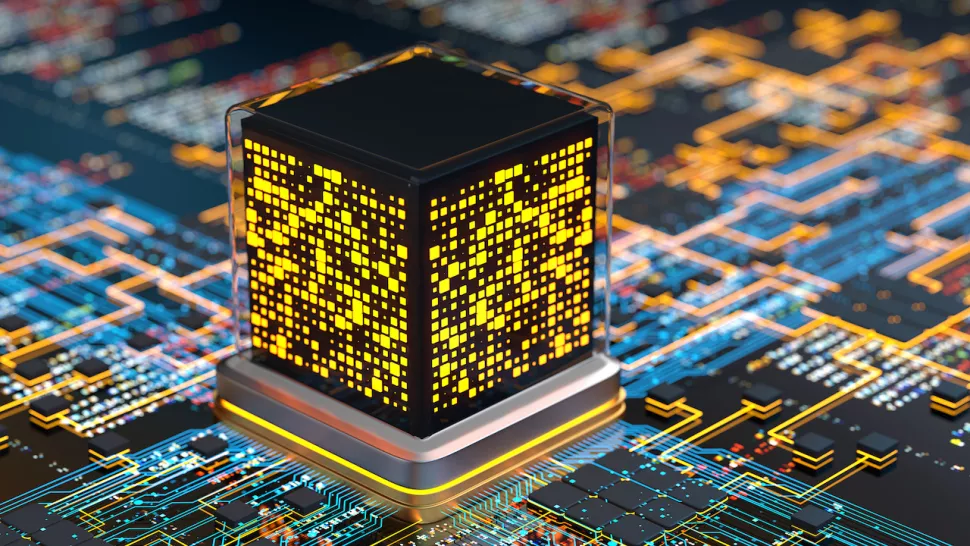The Pros and Cons of Smart SIM Cards
Category : Technology
A smart SIM (Subscriber Identity Module) is a type of SIM card that has the ability to switch between different mobile carriers automatically, depending on which network has the strongest signal in a particular location. This can be especially useful for travelers who may be visiting an area where their usual mobile carrier does not have a strong presence.
One of the main benefits of a smart SIM is that it allows users to stay connected to the internet and make phone calls without worrying about having to manually switch between carriers. In the past, travelers would often have to purchase multiple SIM cards or roam on a foreign network, which can be expensive and inconvenient.
Smart SIMs use a technology called eSIM (embedded SIM), which is a virtual SIM that is stored on the phone itself, rather than in a physical card. This allows users to easily switch between carriers without having to physically swap out SIM cards.
Here are some of the main advantages and disadvantages to consider:
Advantages:
- Ability to switch between carriers automatically, depending on which network has the strongest signal in a particular location
- No need to physically swap SIM cards, making it easier for travelers to stay connected
- Can be useful for businesses that operate in multiple countries or for individuals who live in an area with patchy coverage from a single mobile carrier
- Can potentially save money on roaming fees or the cost of purchasing multiple SIM cards
Disadvantages:
- May not be compatible with all devices or carriers
- May require a special plan or subscription from your mobile carrier
- May not be available in all countries
- Could potentially be more expensive than traditional SIM cards in some cases
Overall, smart SIM cards offer a convenient and cost-effective way for people to stay connected while on the go. However, it is important to carefully consider the pros and cons and whether or not a smart SIM is the right fit for your needs.


Recent Comments